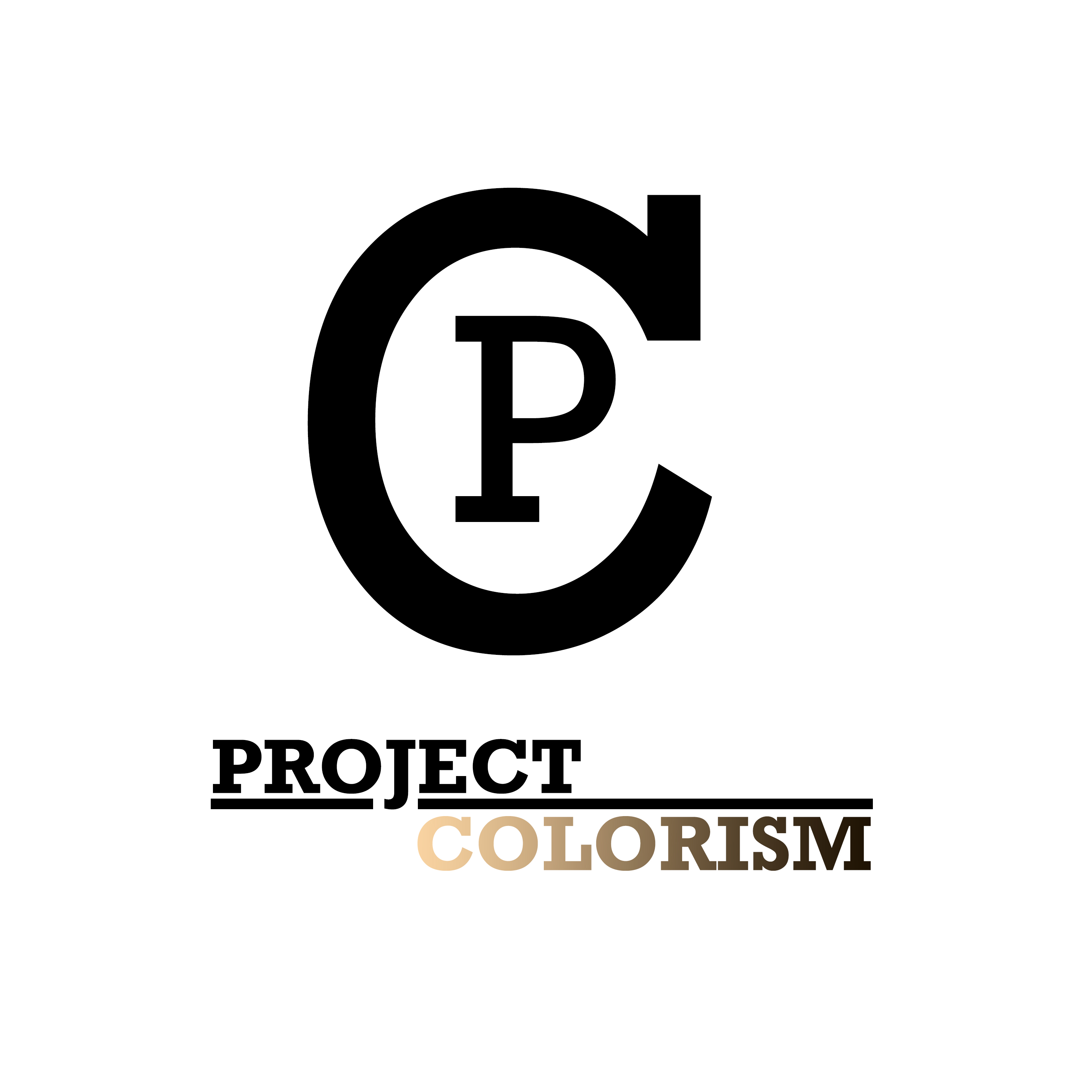We are very excited that this most recent interview is starting our new round of research exploring how intersectionality affects people’s responses to colorism. Gabriel, a recent graduate of Temple University, reflects on how his identity as a queer man has affected his experience as a Afro-latino person. Gabriel discussed how when he was in an accelerated program in grade school, the black students in his class were seen as different, and it was felt underlyingly, but found community in the other black students. He discussed how at one point, a classmate referred to him as a slur, and his friend came to his defense since, as a black woman, she was more used to responding to incidents of racism. This brought us to an insightful conversation regarding his experience and view on colorism, and how he feels he has “pretty privilege” as a lighter-skinned man. Which is seen as closer to the beauty standard in America, which gives him the privilege to avoid many incidents of direct racism. However, this hasn’t been the case with his Queer identity for Gabriel since he’s faced hyper-sexualization by many people for his racial and ethnic identity. Gabriel has gone on a long journey to find himself as a gay man and feels you are never done because you’re “always coming out,” especially with new people and in the workplace. However, he said he feels more empowered to react when he is out as a gay man and a Afro-latino man. Even when his identity as a black man and constructs around their masculinity bring out toxically masculine behavior that challenges his identity as a gay man. He also feels more empowered to react when someone else is being mistreated. This interview highlighted many of the intersections we find in people's multiple identities. Many people lump all marginalized identities together as a monolith of experiences with discrimination and oppression, but experiences like Gabriel’s highlight how false this idea is in practice.

